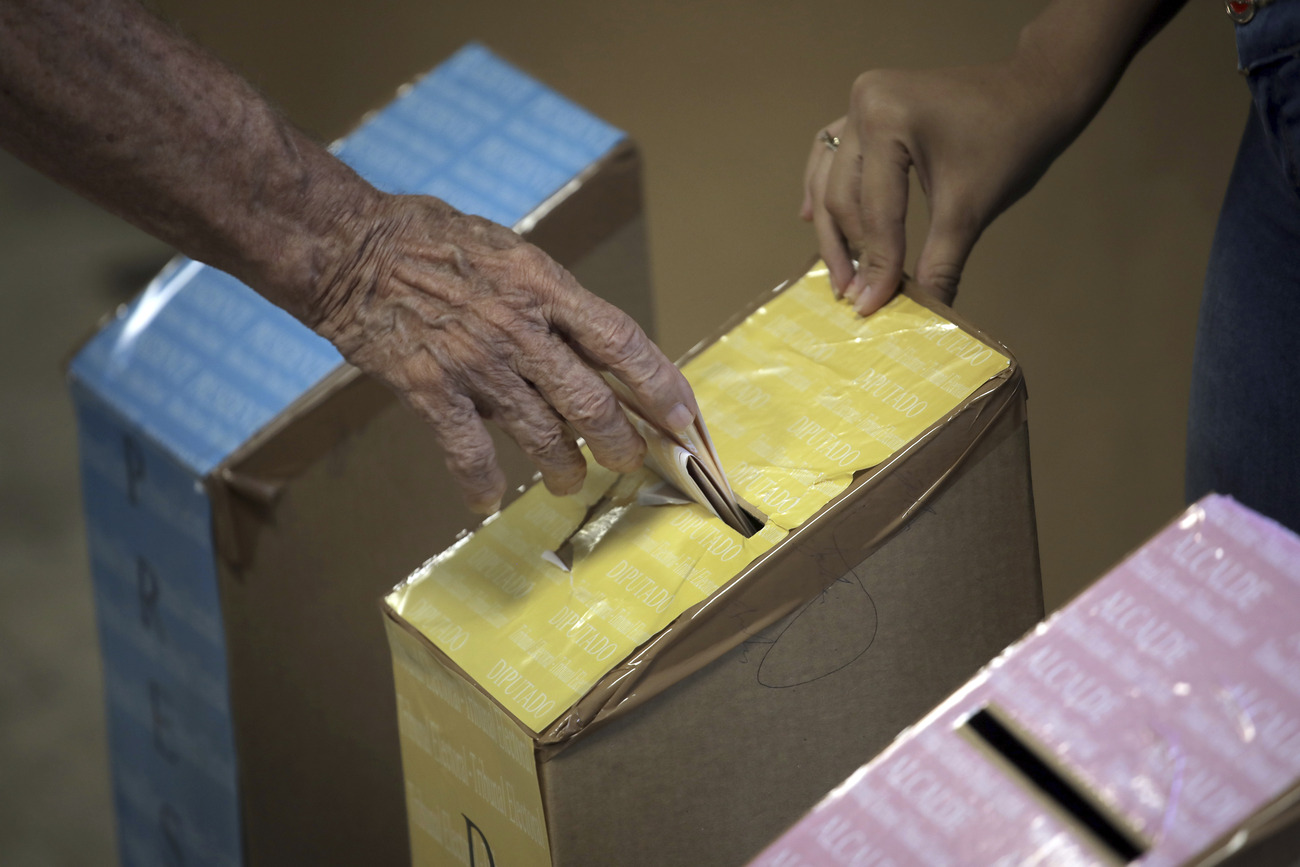Are Bolivia's Angry Miners Harbingers of More Trouble to Come for Morales?
Are Bolivia's Angry Miners Harbingers of More Trouble to Come for Morales?
Unless President Evo Morales can jump-start the economy, he may face additional resistance to his presidency, writes AS/COA’s Eric Farnsworth for World Politics Review.
Bolivia was shaken in late August when Deputy Interior Minister Rodolfo Illanes was killed by striking miners from Bolivia’s informal, self-governing cooperatives, his body dumped by the side of the road 80 miles south of the capital, La Paz. Llanes had been sent to Bolivia’s mining region by President Evo Morales in an effort to reduce tensions among those frustrated with falling commodities prices and chafing at the government’s unwillingness to loosen restrictions they see as limiting their economic prospects. Among their repeated demands has been an expanded ability to contract with private companies—they are currently restricted to doing business with state-owned companies—as well as concerns over the government’s efforts to allow workers in the cooperatives to unionize.
Illanes’ killing was met with public revulsion. The government responded by arresting leaders of the miners movement, while taking steps to tighten oversight of the informal sector through enhanced enforcement of labor and environmental regulations, increased financial transparency requirements, and a claw back of previously awarded mining concessions that have yet to be developed. In the interim, the miners have created a pacification committee supported by the Catholic Church as a means to create space for a renewal of dialogue with the government. At this point, however, the government’s position has been strengthened by public reaction to the incident, and its interest in dialogue and compromise has seemingly been reduced….






